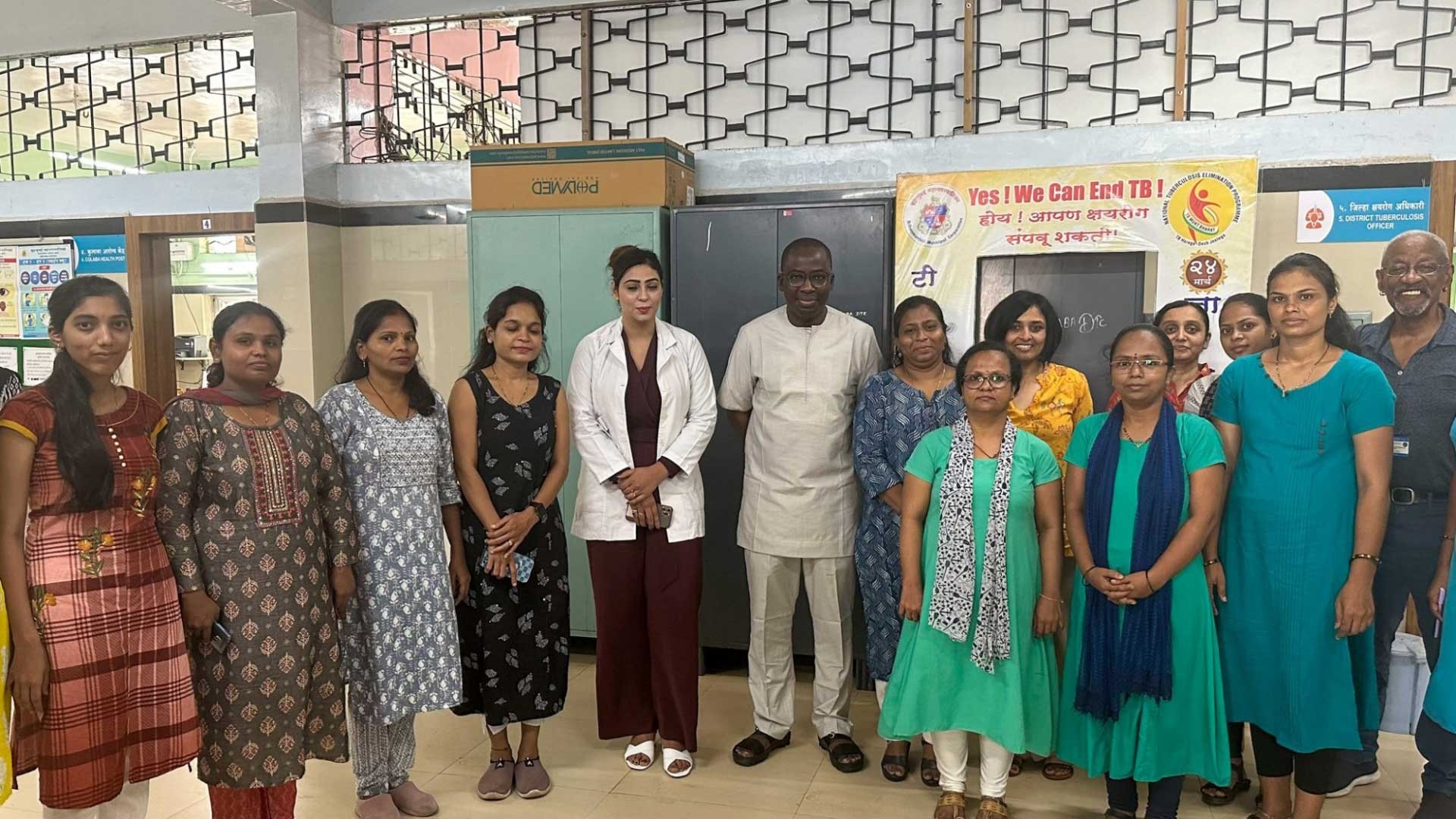Community Health Workers and Covid-19

The COVID-19 pandemic has highlighted the indispensability of Community Health Workers (CHWs), who serve as a bridge between the formal healthcare system and underrepresented communities in various parts of the world. India has about one million ASHAs (Accredited Social Health Activists), the largest group of CHWs in the world, who form the backbone of its primary healthcare system, especially in areas with poor medical access.
To share best practices and learn from CHW programs in India and the United States, Columbia Global Centers | Mumbai partnered with Columbia University’s Institute for Training Outreach and Community Health (InTOuCH) for a day-long symposium on June 21, 2023.
The first session, moderated by Dr. Ravina Aggarwal, Senior Advisor, Columbia Global Centers | Mumbai, focused on reviewing training programs for CHWs in both countries. Dr. Robert Fullilove, Associate Dean for Community and Minority Affairs and Co-Director of the Cities Research Group at Columbia University, briefed participants about the promising start of CHW programs in the United States. He discussed the disproportionate effect of the COVID-19 pandemic on minorities and the public health system’s poor response in marginalized communities. He emphasized the need for a trusted healthcare workforce to fight crises like the pandemic in these communities, which would be effectively served by expanding CHW programs with increased recruitment and training. Delving into InTOuCH’s program and its objectives, Dr. Janhavi Mallaiah, Program Director of InTOuCH, presented details of their eight-week training program that has successfully trained 210 community members and is affiliated with over 60 black churches across the five boroughs of New York City.
For the Indian context, Dr. Nerges Mistry, Director of The Foundation of Medical Research, presented the history of formalization of the ASHA program in India and its outcomes and impacts. She also discussed the difficulties she had faced while training rural women to take up leadership roles as CHWs. Public policy experts Dr. R Balasubramaniam, Capacity Building Commission, Government of India, and Dr. Neha Dumka, Lead Consultant from the National Health Systems Resource Center, highlighted the crucial role that ASHAs play, providing an overview of the recruitment, training and capacity-building processes that are sanctioned and supported by government policies.
The second session focused on the evaluation of CHWs programs. Dr. Ravindra Agrawal from Sangath, a civil society organization from Goa reputed for its work on mental health, explained their effort to train ASHAs in combating health issues within the community and the evaluation process they used to measure its efficacy. Dr. Daksha Parmar, Assistant Professor at the Indian Institute of Technology Guwahati shared a study she had participated in to assess the challenges faced by ASHAs during Covid-19, particularly for those working in remote areas and difficult terrains. The study provided insights into their increased workload, lack of access to safety gear such as masks and sanitizers, and dissociation from their community due to the stigma around Covid-19. Dr. Olajide Williams, Columbia University Vagelos College of Physicians and Surgeons elaborated on evaluation methods for CHWs, who represent an invaluable resource to mitigate Social Determinants of Health (SDOH) among underserved minority acute stroke patients. Methods used by his team include testing feasible and potential efficacy of study design through randomized trials, determining inclusion and exclusion criterias for patients, screening of CHWs’ visit to patients for rectification, improvement, and follow-up visits.
The symposium revealed that even as the visibility of and investment in training CHWs has increased after the pandemic, there is still a need for policy reform and systematic research and evaluation to strengthen the sector and ensure its sustainability. Participants noted that in the United States, there is a need to scale up isolated programs to the national healthcare level, just as India has done, while in India, fair compensation and a well-defined scope of work for the ASHAs was something that could be learned from the American model.
Stressing the significance of CHWs, Dr. Fullilove remarked, “Having a trusted public health and medical workforce is going to be absolutely essential before we face the next pandemic,” a sentiment that resonated with everybody in the room.